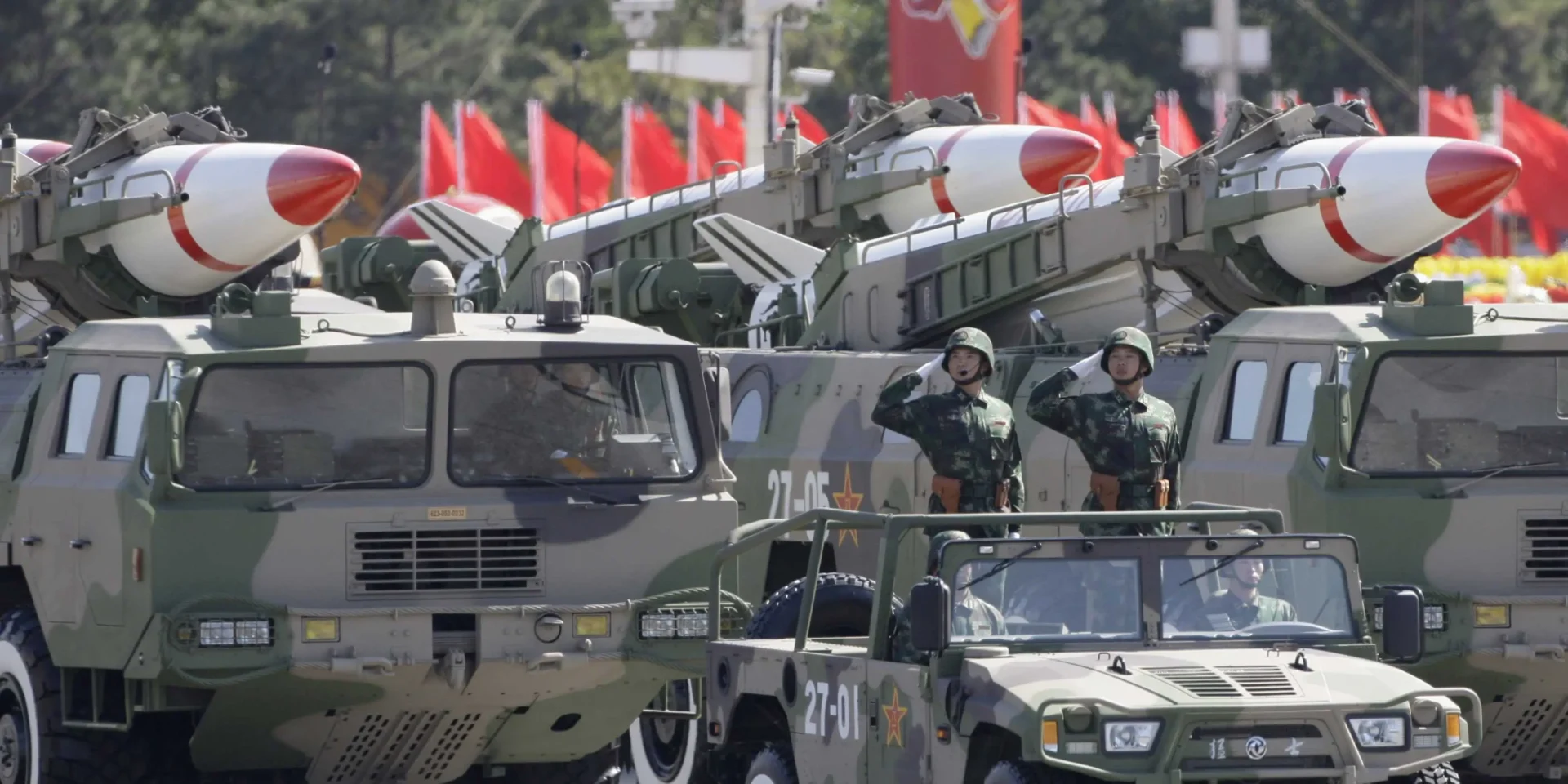PANAJI, GOA: The ability to bypass conventional communication networks by using Chinese technology means the terrorists can operate with a greater degree of stealth and security.
Recent revelations by Indian security officials have cast a spotlight on the advanced technologies being utilized by terrorist groups operating in the Jammu and Kashmir regions. These developments are causing significant concern, especially regarding the involvement of external state actors, in particular China, in these anti-India activities.
In encounters with terrorists in Jammu’s Poonch district in July last year and Kashmir’s Baramulla district in April this year, the Indian Army recovered specialized Chinese communication handsets from the bodies of the slain terrorists. This device, known as the “Ultra-set”, combines the functionalities of a mobile phone with radio wave technology, allowing it to bypass traditional mobile operating systems like the Global System for Mobile (GSM) and Code-Division Multiple Access (CDMA).
The discovery of these handsets is particularly concerning because they are exclusively designed and provided by China for the Pakistan Army’s use. This points to a direct transfer of military-grade technology from the Pakistan Army to terrorist groups, suggesting a coordinated effort to enhance their communication capabilities in the field. The ability to bypass conventional communication networks means these terrorists can operate with a greater degree of stealth and security, evading detection by Indian intelligence and military monitoring systems.
The recovery of the Ultra-set devices is not an isolated incident. A report last year, citing Indian intelligence sources, indicated that Pakistan-based terrorist organizations, Jaish-e-Mohammad (JeM) and Lashkar-e-Toiba (LeT), were actively using Chinese weapons and equipment. This assertion was further confirmed when terrorists released images of three attacks on Indian security forces, which were distinctly captured using Chinese-made body cameras. The use of such high-tech equipment allows terrorists to document their activities and potentially use these recordings for propaganda or training purposes.
Moreover, during an attempted incursion into India along the Jammu border, Indian forces intercepted a terrorist carrying a sniper rifle that employed Chinese technology. This discovery not only underscores the use of advanced weaponry but also raises questions about the sources of such equipment. The presence of these sophisticated weapons and communication tools indicates a strategic attempt to equip terrorist operatives with technology that can give them an edge in confrontations with Indian forces.
The use of Chinese-made military equipment and communication devices by terrorists operating in India has significant implications. First, it indicates a possible collaboration or at least tacit support from the Chinese military-industrial complex to terrorist groups targeting India. The provision of such specialized equipment suggests that these groups are not acting independently but are part of a larger, state-supported strategy to destabilize the region.
Second, the deployment of advanced communication tools like the Ultra-set presents a new challenge for Indian security forces. Traditional methods of surveillance and interception may prove ineffective against these devices, necessitating a re-evaluation of current strategies and the development of new technologies to counteract this threat.
The discovery of Chinese handsets and weapons in the hands of terrorists operating in Jammu and Kashmir marks a troubling development in the ongoing conflict in the region. It underscores the need for enhanced intelligence gathering, technological advancements in surveillance, and a diplomatic push to address the issue of state-supported terrorism. As India grapples with these challenges, it must adapt to the evolving tactics of its adversaries, ensuring that it remains prepared to protect its sovereignty and maintain stability in the region.
Author and journalist Savio Rodrigues is Founder and Editor in Chief of Goa Chronicle.

